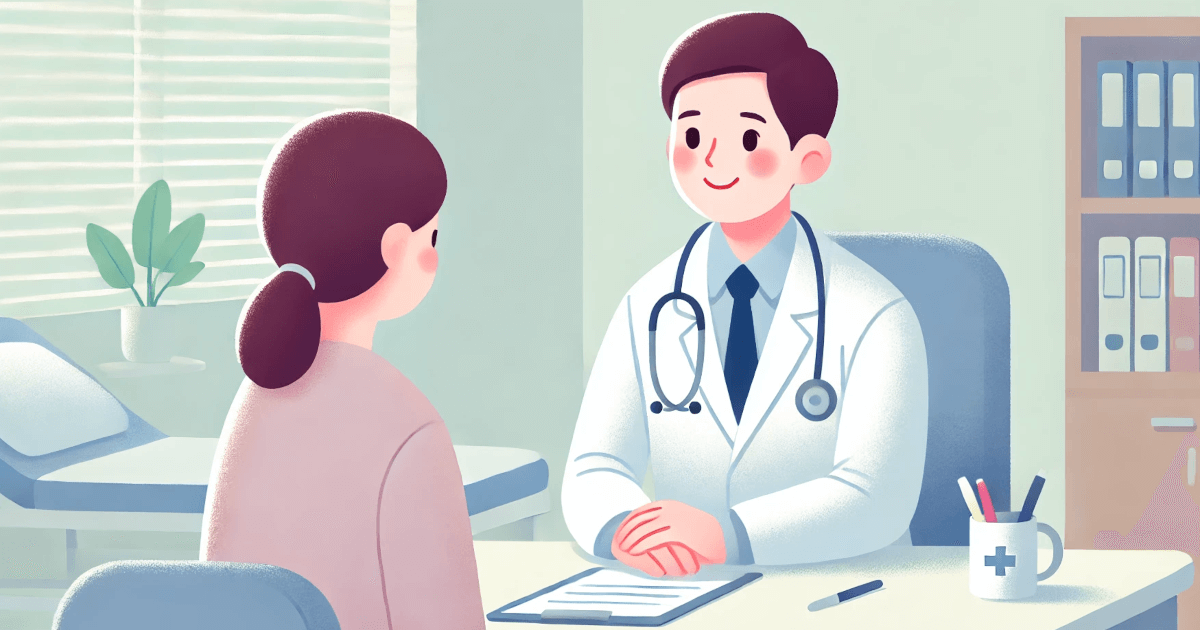
A doctor is a professional responsible for diagnosing and treating illnesses and injuries, ensuring the health and well-being of people. Their role involves making life-saving decisions through diagnoses and surgeries, as well as improving the quality of life for their patients. Being a doctor requires not only medical knowledge but also strong decision-making skills, high ethical standards, and a compassionate approach to patient care. This test will help determine if you are suited to become a doctor. Check your aptitude now!
A doctor is a medical professional responsible for diagnosing and treating illnesses, helping patients maintain and improve their health. They primarily work in healthcare facilities, specializing in areas such as internal medicine, surgery, and pediatrics. Some doctors also work in research or administrative roles. Doctors must continuously learn the latest medical advancements and possess both physical and mental endurance. Building strong relationships with patients and effective communication skills are also essential.
Additionally, being a doctor carries a great ethical responsibility. Since doctors deal with life-and-death situations, they must always act with integrity. Quick decision-making is often required in emergencies, and staying composed and precise is crucial. Moreover, as medical science progresses, doctors must constantly update their knowledge and skills to provide the best care possible. A commitment to lifelong learning and self-improvement is essential.
The role of a doctor covers a wide range of specialties. The most common is clinical practice in hospitals and clinics, where doctors diagnose, treat patients, and perform surgeries. Other doctors work in academic and research settings, conducting medical research to advance medical science. Public health and administrative doctors focus on health policy and disease prevention, while occupational health doctors oversee the well-being of employees in corporate settings. Specializations include internal medicine, surgery, psychiatry, pediatrics, ophthalmology, and many others, each requiring deep expertise in a particular field.
Furthermore, doctors must be prepared for emergency situations. In emergency medicine, doctors are required to make quick, life-saving decisions under intense pressure. Additionally, providing psychological support to patients and their families is a critical aspect of the profession. Beyond traditional medical practice, advancements in telemedicine now require doctors to adapt to new digital consultation methods and virtual healthcare platforms.
To become a doctor in the United States, one must first complete a four-year undergraduate degree, typically with a strong foundation in science courses such as biology, chemistry, and physics. After that, students must be accepted into a medical school, which takes another four years to complete.
Upon graduating from medical school, aspiring doctors must pass the United States Medical Licensing Examination (USMLE) and then begin a residency program, which usually lasts between three to seven years depending on the chosen specialty. During residency, doctors receive hands-on clinical training under the supervision of experienced physicians.
Throughout their careers, doctors are expected to engage in continuing medical education (CME) to stay up to date with medical advancements and maintain their licenses. Many also choose to obtain board certification in a specific field, which demonstrates a higher level of expertise and commitment to their specialty.
In addition to medical knowledge and technical skills, being a successful doctor requires strong ethical judgment, communication skills, empathy, and a deep sense of responsibility. The path to becoming a physician is extremely demanding—requiring years of dedication, academic excellence, and resilience. However, for those who are passionate about helping others, it is a highly rewarding and impactful career.